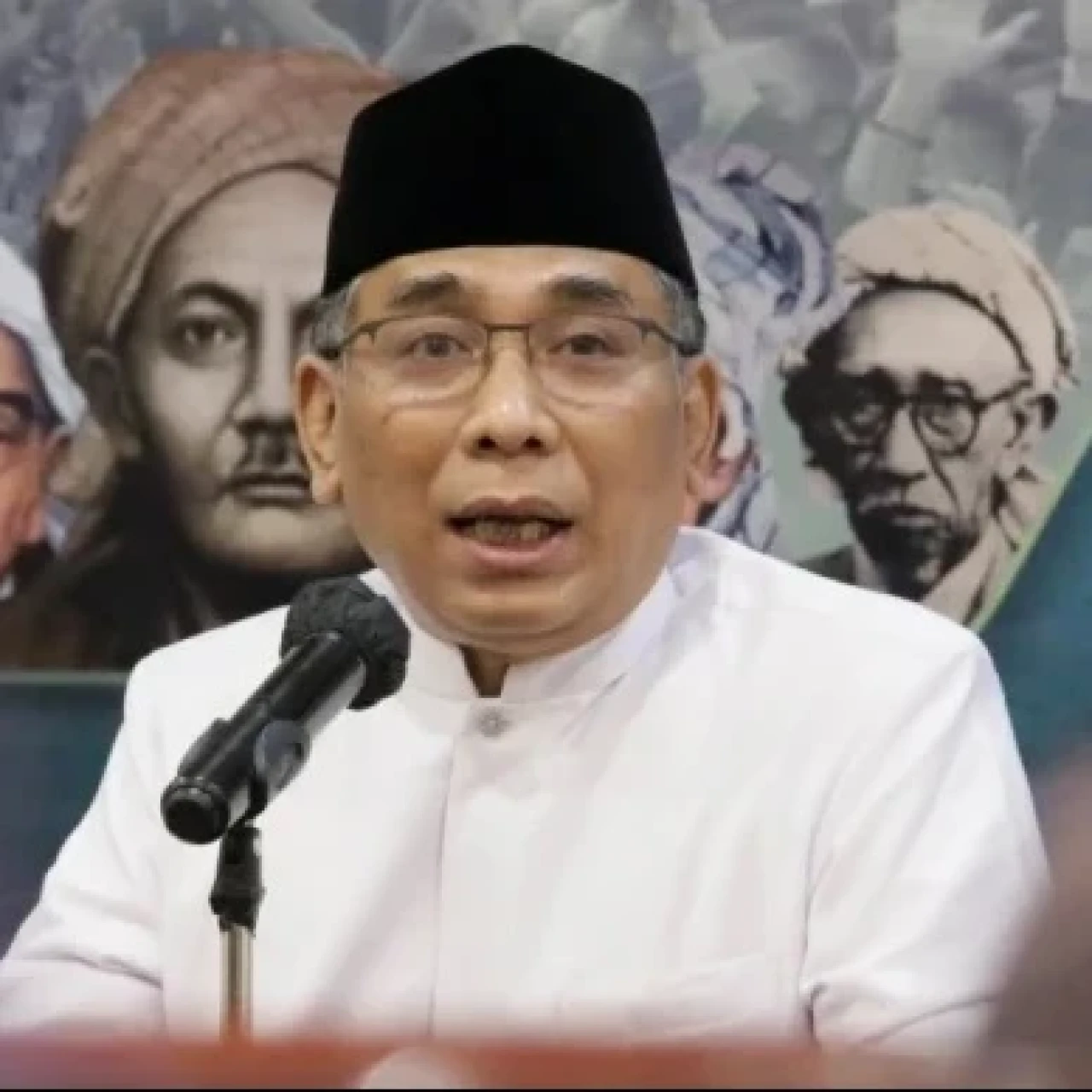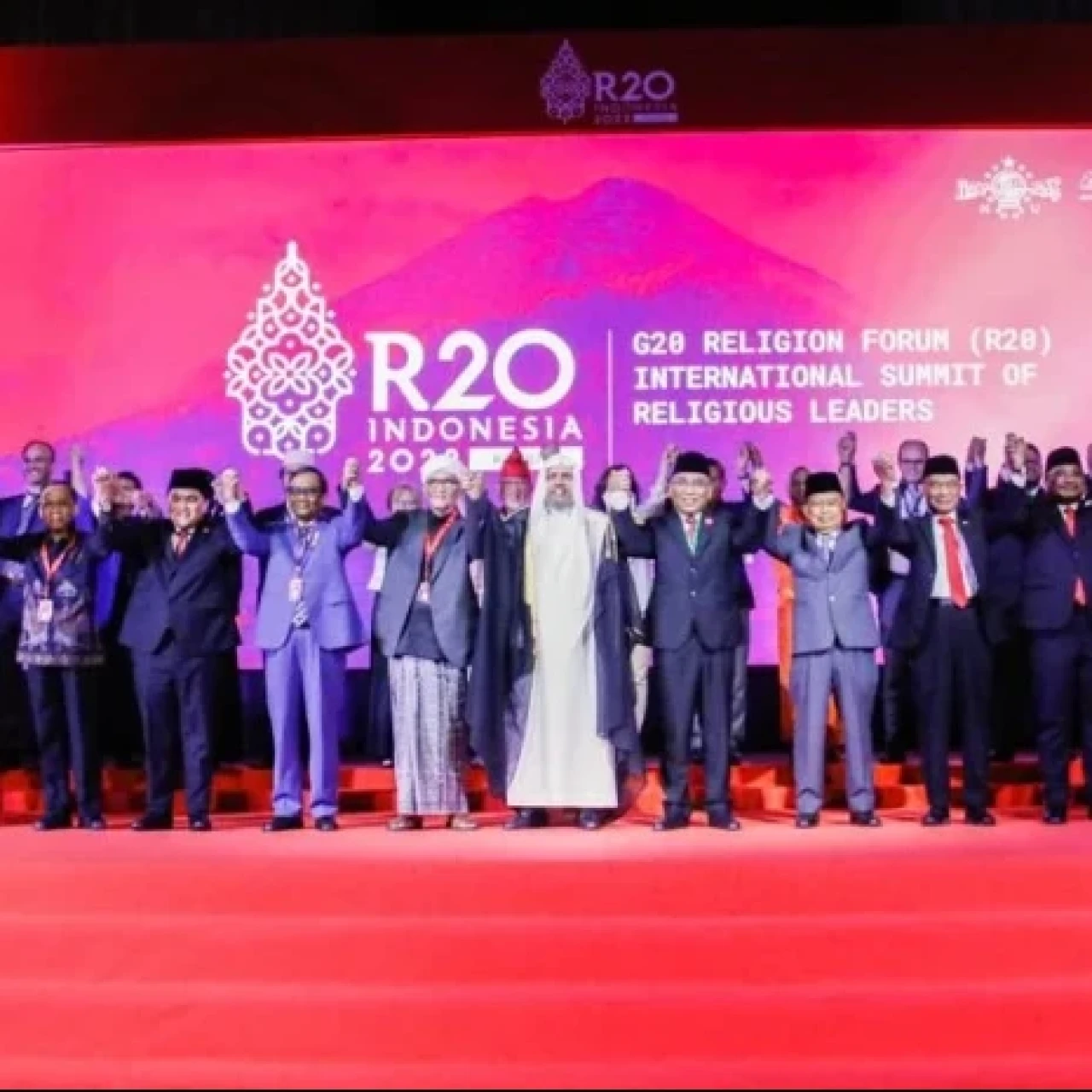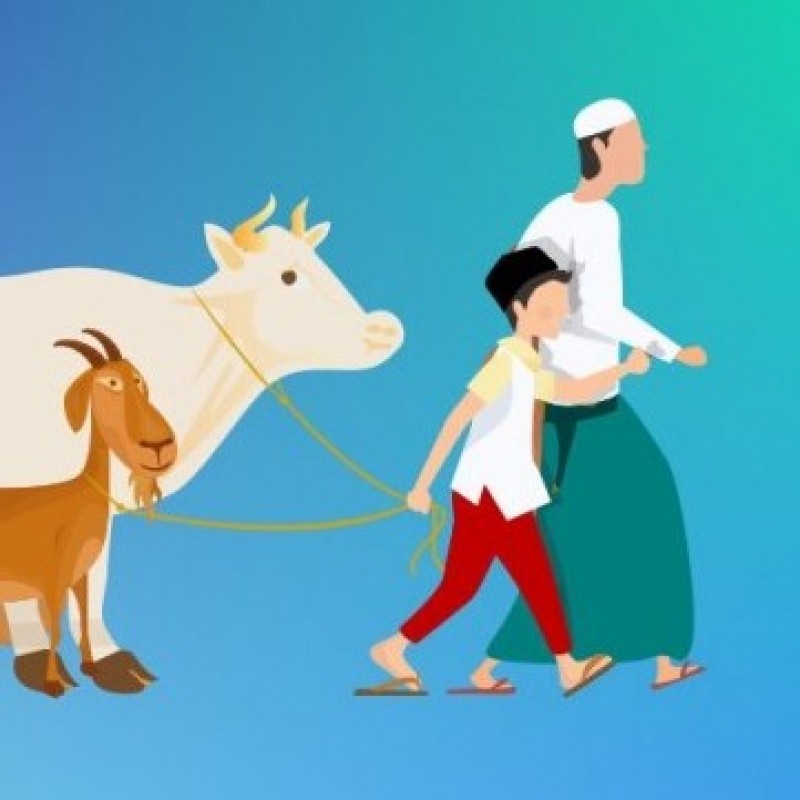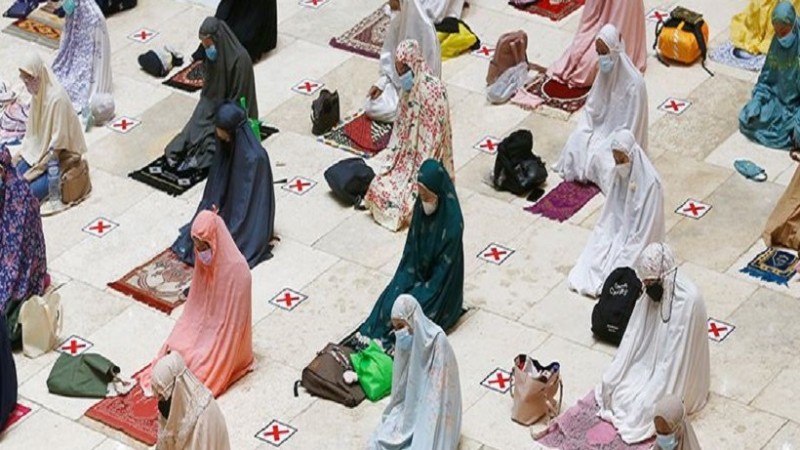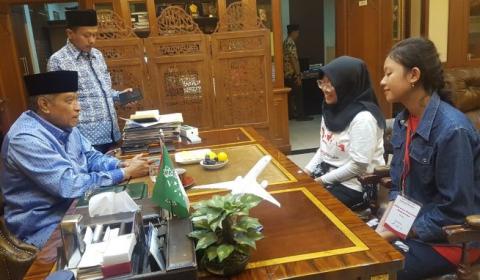In 1808, Governor General Willem Herman Daendels (1762-1818) constructed a 1000-kilometer-long highway extending from Anyer (West Java) to Panarukan (East Java).
Daendels was the only one of governor generals designated not by the Queen of Dutch, but he was crowned by the Great of Louis Bonaparte – the Napoleon Bonaparte’s brother – in order to be able to govern the Java Is<>land. At that time the Dutch was under French power and Napoleon pointed his younger brother as the king of Dutch.
To accelerate his troops' movement, Daendels planned to build a checkpoint highway which is recently well-known as Daendels highway. He was absolutely worried of being attacked by the British troops any time. In building the prestigious project, he ruled with his "iron hand". The tyrant then compelled both Sultans and regents to mobilize thousands of forced labors without any wage. As a result, thousands of people had been killed on the way we are now enjoying. once rebellion erupted, it would always be under pressure.
Pramoedya Ananta Toer – an Indonesian literature writer – describes the construction of the highway as such genocide, a mass assassination. In the meantime, peasants thought Daendels was the most frightening man. Even, Dutch people basing Batavia called him as a betrayer because of being more loyal to Napoleon. As a sign of his loyalty, he had ever been fluttering the French flag in Batavia. Whereas in fact the Dutch was completely more comfortable of being colonized by the British.
The story of Daendels was over following his dismissal in 1811. The highway – so-called as Daendels La Grande Route – recorded a terrible history that would always keep coming to the nation's minds. But, as for both ulema and santri in Ciwaringin, Cirebon, West Java, the trace of Daendels is a story of resistance, opposition, and heroism as well.
Kiai Hasanuddin, the founder of Pesantren built in 1715 was one of vocal heroes taking a stand against the Daendels’ policies. He, well-known as Kiai Jatira along with his people and students removed the stakes of road gauges to avoid the people's land not to be annexed.
According to Kiai Jatira , Daendels not only took people's land or property by force; tried to hamper and paralyzed education but he also seized people’s rights and freedom in deciding their own way of life. That is why Kiai Jatira and his people and students constantly struggled for their rights and freedom.
At the moment, Kiai Jatira had been accused of attacking against the colonial government, rebels, and making provocative riots in society that was in fact created by the colonial government. Whereas it was only a justification to stop, press, and paralyze his stand. Though he got such stereotype, but along with his people and students, he could keep believing that the truth, justice, freedom, self esteem and sovereignty must be struggled for until their last drops of blood to maintain their rights.
Neo Colonialism – Imperialism
Following the escape of colonizers from this archipelago, Pesantren Babakan, Ciwaringin, has now been in trouble. They have to stand firm against the government because of having different views about the building of Cikapati (Cikampek – Palimanan) Highway - one of prestigious Trans – Java imitating the Daendels’.
Of course, Ulama, Santri, and Cirebon people would reject the disadvantageous project. They then held demonstration (8/26/2007, 11/30/2007, and 1/29/2008) to protest the project amounted to Rp. 4.3 triliun. Moreover, the project’s trace would reportedly get through the pesantren's land. The heroism of Kiai Jatira's successors in the meantime whipped up. The spirit of resistance started to be fueled.
Kiai, santri, and Cirebon’s people were convincingly of view that their struggle is similar to what Kiai Jatira did. The Moslem leaders were in objection because it’s a wakaf that must be used for the sake of pesantren. There have been education foundations and Islamic boarding schools around the local settlement. Its existence does not only disturb the process of teaching and learning but it would also directly influence social and cultural life of pesantrens and potentially hamper them in the future.
Besides, Ulama and local society have strongly emotional and history of their settlement. So, it would be impossible to replace it with others. “It is the order of our ancestor to resist our property for the sake of Islamic education importance”.
Honestly, if we try to investigate the case in deep, it is not only the matter of forcing our property, the future of education or be agree or disagree of the project but it tends to the matter of rights, freedom and justice. They must obtain the similarity in rights, freedom, and justice. They want to cultivate their fields and decide their future by themselves without any obstacles. Rejection is one of resistance of traditional people against modernization which is frequently inflict a loss of their importance.
By the reason of development, the public service, and raising people economy condition, the government has repeatedly seized and sacrificed such as by the reason of building the fly over roads, the highways, plazas, and hypermarket, building of reservoir, electrical power stations, steam power plants, commercial agricultural enterprises, recreation sites, and sport facilities for rich people.
If we want to be honest, for who can take advantages of these? People, the government or capitalists? Clearly, the answer is not for people importance. People are the casualties of the development. Therefore, if the country has people, it must get along with its people, realize and listen to their aspiration and trying not to sacrifice for the importance of capitalists.
The demonstration of thousands Islamic boarding school students, Moslem leaders and Babakan’s people, Ciwaringin, Cirebon refusing the construction of the Cikapali highway is a long historical background. Actually, they have been truly fighting against a new colonialism and imperialism in the shape of capitalism, state or MNC (Multinational Cooperation) that take by force of people rights, freedom and justice.
*The writer is chief of Komunitas Seniman Santri, teaching staff of Pondok Pesantren Babakan, Ciwaringin, Cirebon, West Java .
Terpopuler
1
Khutbah Jumat: Ramadhan dan Kesempatan yang Tidak Selalu Terulang
2
Innalillah, Ulama Mazhab Syafii asal Suriah Syekh Hasan Hitou Wafat dalam Usia 83 Tahun
3
Kultum Ramadhan: Lebih Baik Sedikit tapi Istiqamah
4
Khutbah Jumat: Ramadhan, Melatih Sabar, Memperkuat Syukur
5
Keluar Mani yang Tidak dan Membatalkan Puasa
6
Khutbah Jumat: Tiga Kebahagiaan Orang Puasa
Terkini
Lihat Semua




